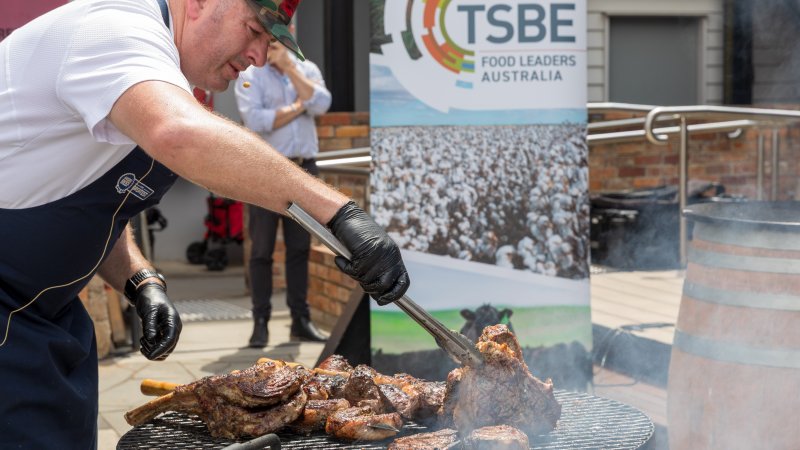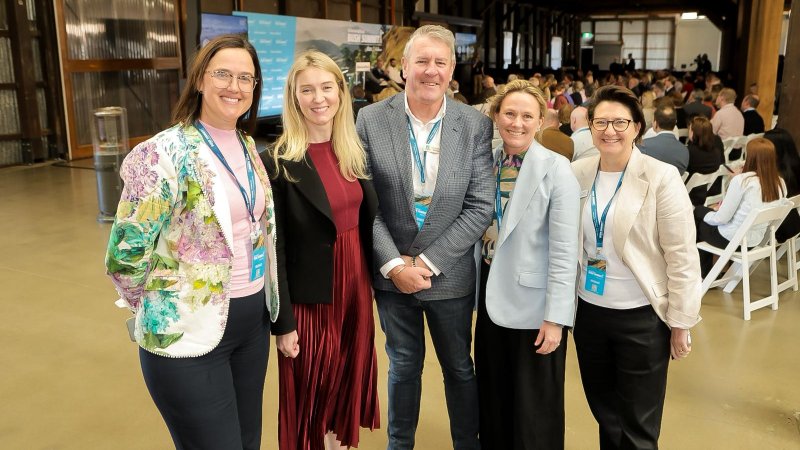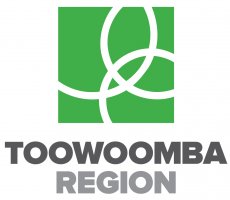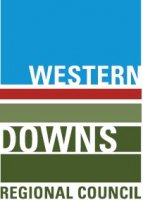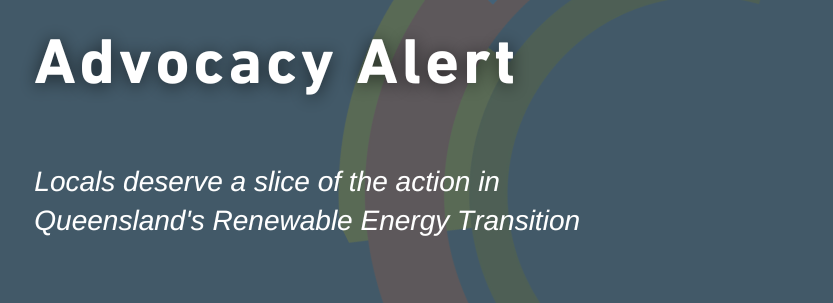
Locals deserve a slice of the action in Queensland’s Renewable Energy Transition
In Queensland there is currently $60 billion being spent or earmarked to be spent on renewable energy investment projects. The Queensland Governments Energy and Jobs Plan has set ambitious targets of reaching more than 80% of the state’s energy production being derived from renewable sources by 2035. Our part of Queensland will be doing most of the heavy lifting in the transition to renewables, with the Western Downs already referred to as the energy capital of Queensland and sits in one of the states 12 Renewable Energy Zones (REZ). The populations of these regions need assurance that there are opportunities and long-term sustainable benefits out of this work.
Toowoomba and Surat Basin Enterprise (TSBE) have been a part of supporting our region, covering Toowoomba, Western Downs, Maranoa, and Southern Downs areas of the Darling Downs, for more than a decade in establishing and supporting new industries and navigating the challenges that come with making new industry part of our community fabric. Including establishment of large-scale mining projects, building the Second Range Crossing and other major projects, we need to make sure we are learning and insisting on improved local outcomes and benefits from external investment for our communities.
“If we really want to maximise benefit to regional communities and the areas where the projects are built, we need strong frameworks that promote and prioritise local content outcomes in the construction phase,” says TSBE CEO April Cavanagh.
Western Downs Regional Council Mayor Andrew Smith says communities in the region are owed the opportunity to contribute and benefit from the significant investment in energy projects.
"Through our new Communities Partnering Framework, Council has taken a firm stance that developers in our region align with our focus on growing our regional communities and economy," Cr Smith said.
"It's our expectation that developers and industry buy local, use local resources, and employ the services of local businesses. Prosperity derived from the Western Downs must benefit the Western Downs.
"Industry needs to set targets, measures, and reporting obligations for Tier One contractors to engage local businesses within the region where-ever possible; to simply go Queensland-wide or Australia-wide is not good enough.
"Every purchase made locally, every dollar reinvested back into our towns and business, ripples through our community, sparking a chain reaction of benefits,” says Cr Smith.
While local governments like the Western Downs have taken the opportunity to establish a framework of expectation that includes local content, there is currently no obligation, or conditions imposed by government for projects to commit to local spend.
During the construction of the Toowoomba Second Range Crossing, traversing the Great Dividing Range and representing the largest Australian Government funding commitment to a single road project in Queensland’s history, the commitment was made early by the project and supported by government to make sure locals were able to secure opportunities from the $1.6billion project.
According to the Queensland Government, more than 80 per cent of the contracts awarded for the project went to local businesses, however this was very much championed at a local level and demonstrates the importance of driving local content and ensuring that regional communities benefit from major infrastructure projects through reporting of the spend.
The quick boost to regional communities is in the construction phase and this is where Queensland’s small to medium business excel. Excavation, drainage works, civil, engineering, and supply of goods and services to a construction site, will support regional communities.
It also builds experience to work on large scale projects, and with the pipeline of projects to come, building capability means building ongoing legacy for business and local economies.
“Our experience over the last decade tells us that this won’t happen automatically if we just rely on contractors who try to do the right thing - we need a more rigid system,” says Ms Cavanagh.
Currently there is not a clear reportable framework and leads to missed opportunities. TSBE call on the Queensland State Government to consider establishing a framework to hold energy investors and developers accountable to ensuring local content is delivered and measured to make sure our regional communities are deriving true benefit from our states transition to renewable energy.
On the dawn of this states energy transition this is a great opportunity to embrace this challenge, to diversify our region, but also to take charge of the government and get this right. We can create new jobs, opportunities and make regional communities stronger, but we need leaders who are willing to accept the challenges that come with change and to really understand how and why we can make a difference.
Ensuring local content in rural and regional communities means long term sustained economic benefits, community support, sustainable development, capacity building and regional diversification.

